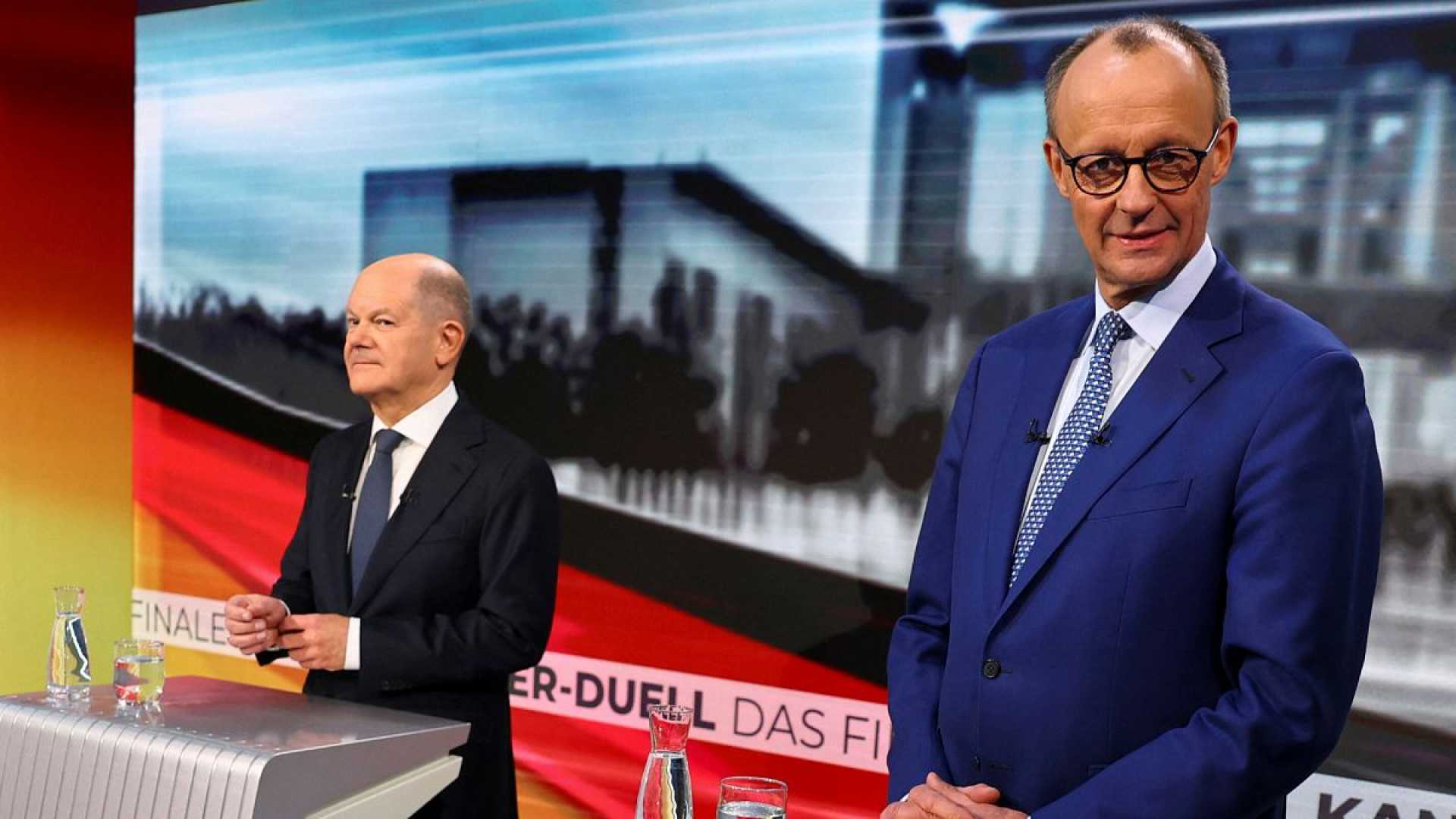Politics
German Elections: Economic Focus Overruled by Other Issues

MÜNCHEN, Germany — As the countdown to the Bundestag elections narrows, discussions have intensified surrounding the campaign’s focus and its unexpected outcomes. WELT publisher Ulf Poschardt and economist Daniel Stelter analyzed the situation during a recent panel discussion.
Poschardt stated, “Our project is a failure. We aimed to shift the election debate towards economic topics, but other issues dominated the conversation.” The panel tackled the implications of this shift and what it could mean for the future of the political landscape in Germany.
Throughout the campaign, major players like Union candidate Friedrich Merz and CSU leader Markus Söder have launched significant attacks against the Green Party. These tactics have sparked concern among political analysts, who warn that such aggressive strategies could backfire if the election results do not favor the Schwarz-Rot (Black-Red) coalition.
Polling data reveal a turbulent atmosphere leading up to the elections, with recent surveys indicating a fluctuating public opinion. Political analysts suggest that the current priorities of the electorate may not align with the strategies employed by traditional parties like the Union.
Stelter noted, “This is a high-stakes gamble. With current polling suggesting possible losses, the union must consider the electorate’s shifting concerns.” The unexpected rise of topics outside of economic discourse has led to a broader debate among party leaders about how to reorient their strategies to remain relevant in voters’ minds.
As the election draws closer, the effectiveness of their economic messaging—and whether it will resonate with voters—remains uncertain. Observers are closely monitoring how party dynamics will evolve after the election, regardless of the outcome.












